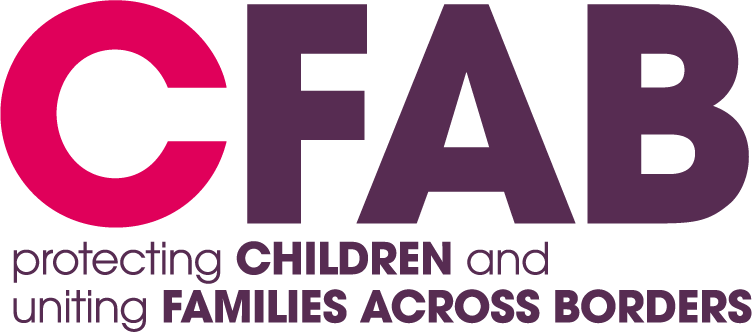CFAB's response to the Age Estimation Science Advisory Committee (AESAC)'s recent report on using scientific methods to assess age
Our response to the recent AESAC report on using scientific methods to assess age
12 January 2023
Children and Families Across Borders (CFAB) support child asylum seekers through our Family Reunification Services in the UK. Following traumatic and often dangerous journeys into this country, children often do not have the required documentation to prove their age or even their birthday. We are greatly concerned of the risks that a child faces when their age is disbelieved, and they are not given access to the care and protection that a child in this country should be offered.
CFAB do not conduct age assessments, but we will respond to requests for information to be factored into age determination if the request is in the best interest of the child and when respect for the individual’s dignity is being upheld and their cultural, ethnic and gender identities considered. For more information, CFAB’s age assessment policy can be viewed here.
Following the publication of the report by the interim Age Estimation Science Advisory Committee (AESAC) on 10th January, Carolyn Housman, CEO of CFAB released this statement:
“Scientific methods for age assessment have been seen as unethical by many organisations, including CFAB, raising grave concerns about the impact on both the physical and mental health of the child. Within this new report, we welcome AESAC’s conclusions that scientific age assessments are not a stand-alone solution and that they recognise the risks that accompany these methods and that they should be used with extreme care and caution. As the report recognises, child asylum seekers may have many reasons to withhold consent for biological age assessments which are not linked to a desire to conceal their age. From our extensive experience, children who arrive in this country, who have often fled trauma, war and conflict, are eager to rebuild their lives and to settle into their new communities. It is vital they are given support and protection.”
We were delighted to contribute to this article on Community Care on the subject.


